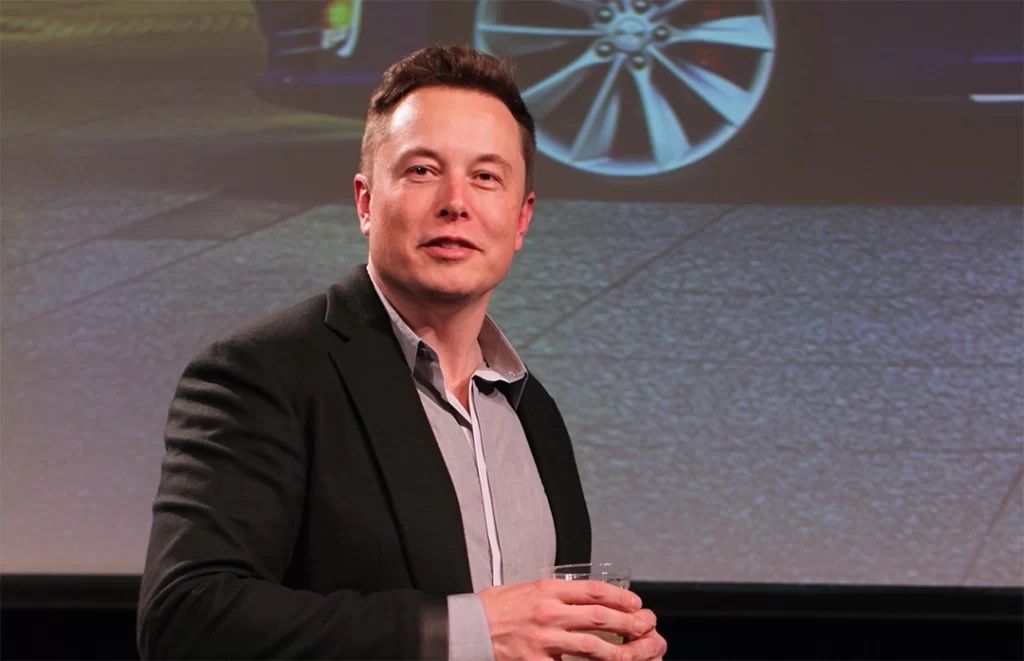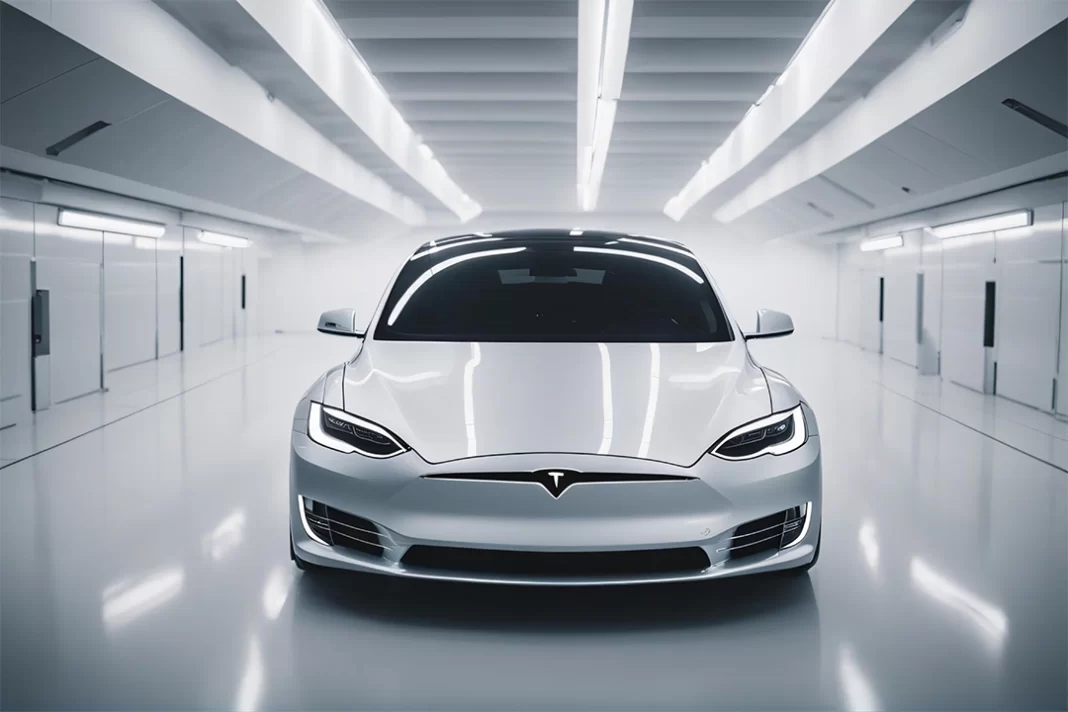Tesla has initiated a massive recall affecting nearly 2.2 million vehicles in the United States due to issues with warning lights on the instrument panel. The National Highway Traffic Safety Administration (NHTSA) announced this substantial recall on Friday, highlighting an escalation of regulatory scrutiny surrounding the prominent electric vehicle manufacturer. Concurrently, the NHTSA has elevated its investigation into Tesla steering problems from 2023 to an engineering analysis, bringing it one step closer to a formal recall.
According to documents released by the NHTSA, Tesla’s recall for warning lights will be conducted through an online software update. The affected models encompass a wide range, including the 2012 through 2023 Model S, the 2016 through 2023 Model X, the 2017 through 2023 Model 3, the 2019 through 2024 Model Y, and the recently launched 2024 Cybertruck.
The primary issue identified by the agency pertains to the brake, park, and antilock brake warning lights, which have a font size smaller than required by federal safety standards. This design flaw can make it challenging for drivers to read critical safety information, potentially increasing the risk of accidents. Tesla has already initiated the release of the software update, with notifications to affected vehicle owners set to begin on March 30.
The NHTSA uncovered this problem during a routine safety compliance audit on January 8, 2024. While Tesla has acknowledged three warranty claims potentially linked to this issue, there have been no reported crashes or injuries resulting from it.
Shares of Tesla Inc., which have been on a downward trend since July and experienced a further decline following the company’s fourth-quarter earnings report last week, fell an additional 2.7% in early trading on Friday, reaching levels not seen since May of the previous year.
This recall isn’t the first instance of Tesla vehicles being subject to scrutiny by regulatory authorities. In December, the NHTSA compelled Tesla to recall more than 2 million vehicles to update software and rectify a flawed system aimed at ensuring driver attentiveness while using Autopilot. Documents from the agency indicated that the update would enhance warnings and alerts to drivers.

The recall followed a two-year NHTSA investigation into a series of accidents involving the use of Tesla’s partially automated driving system, Autopilot, some of which resulted in fatalities. The agency found Autopilot’s method of monitoring driver attention to be insufficient, potentially leading to “foreseeable misuse of the system.”
Although the recall was lauded as a positive step, safety experts have raised concerns that it still places the onus of responsibility on the driver and does not address the fundamental issue of Autopilot’s failure to react to stationary vehicles. Tesla maintains on its website that both Autopilot and “Full Self-Driving” systems require human intervention at all times.
In February of the previous year, the NHTSA also pressed Tesla to recall nearly 363,000 vehicles equipped with its “Full Self-Driving” system, citing issues related to behavior around intersections and adherence to speed limits. This recall was part of a broader investigation into Tesla’s automated driving systems, casting doubt on CEO Elon Musk’s claims regarding the safety of these systems compared to human drivers.
Furthermore, Tesla is currently recalling over 1.6 million electric vehicles (Model S, X, 3, and Y) exported to China due to problems associated with their automatic assisted steering and door latch controls. The recall is initiated by China’s State Administration for Market Regulation and involves remote upgrades to address these issues. It mainly focuses on concerns related to the misuse of the combined driving function during automatic steering engagement and the prevention of door latches from opening during collisions.
Tesla, once the world’s top seller of electric vehicles, faced competition from China’s BYD in the fourth quarter of the previous year. BYD emerged as the leader in the thriving Chinese electric vehicle market.
The NHTSA’s upgraded investigation into Tesla’s steering issues, announced on Friday, now encompasses more than 334,000 Tesla vehicles. This investigation was initiated in July of the prior year following a dozen complaints about steering control loss in 2023 Model Y and 3 vehicles. Presently, the agency has received 115 complaints and an additional 2,176 complaints after requesting information from Tesla.
Complaints have centered on drivers experiencing loss of steering control, often accompanied by messages indicating reduced or disabled power-assisted steering. Some drivers have reported difficulties turning the steering wheel, while others noted increased effort required for steering. Notably, one driver reported being unable to complete a right turn, resulting in a collision.
Moreover, multiple allegations of Tesla vehicles blocking intersections or roadways have been documented, with over 50 vehicles requiring towing, according to consumer complaints. Many incidents reportedly occurred at speeds ranging from 5 mph to 35 mph, with the highest reported speed of 75 mph in cases involving difficulty turning the steering wheel. The NHTSA is currently investigating possible steering rack failures as part of this ongoing issue. Efforts to obtain comment from Tesla were unsuccessful at the time of this report.
These developments signal mounting challenges for Tesla as it navigates a complex landscape of recalls and investigations, even as it continues to be a significant player in the electric vehicle market.





